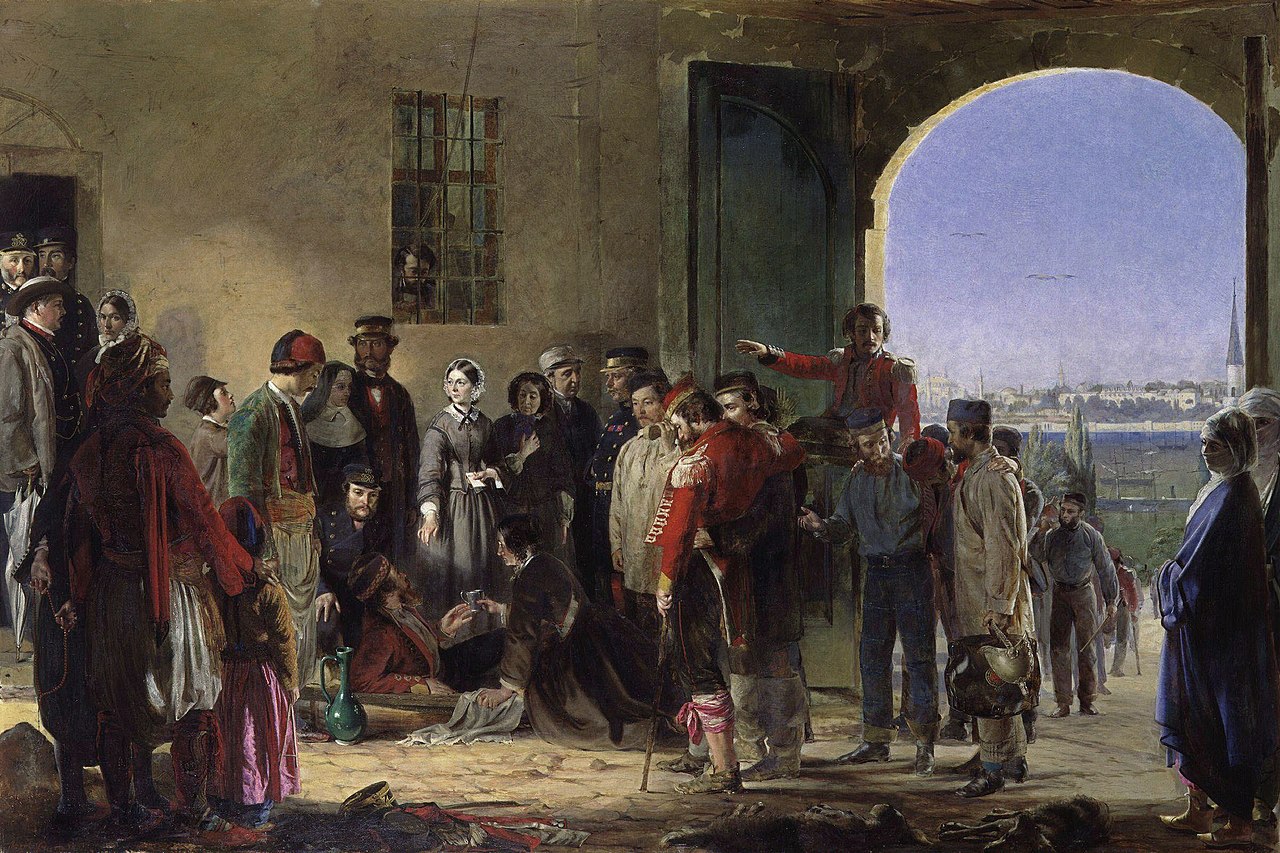Florence Nightingale, born on May 12, 1820, in Florence, Italy, was a pioneering figure in nursing and healthcare reform. She gained fame for her work as a nurse during the Crimean War (1853–1856), where she and a team of nurses she trained provided care for wounded soldiers. Nightingale’s efforts significantly improved sanitation and medical care in military hospitals, reducing mortality rates dramatically.
How to date a woman on Tinder! Follow these simple rules
Her contributions to nursing extended beyond her wartime service. Nightingale is often considered the founder of modern nursing due to her emphasis on hygiene, sanitation, and patient care practices. She wrote extensively on nursing theory and practice, including her seminal work “Notes on Nursing” (1859), which laid the foundation for professional nursing education.
Unforgettable Tragedy: The History of the Titanic
Throughout her life, Nightingale advocated for healthcare reform and social reform, working to improve public health and sanitation standards. She also played a significant role in the establishment of the first secular nursing school, the Nightingale Training School for Nurses, at St Thomas’ Hospital in London in 1860.
Nightingale’s dedication to nursing and public health earned her the nickname “The Lady with the Lamp” for her habit of making rounds at night to tend to wounded soldiers. She received numerous honors for her contributions, including the Royal Red Cross from Queen Victoria and the Order of Merit, becoming the first woman to receive such an honor.
Florence Nightingale’s legacy continues to inspire nurses and healthcare professionals worldwide, and she remains an iconic figure in the history of nursing and public health.
~ Florence Nightingale
